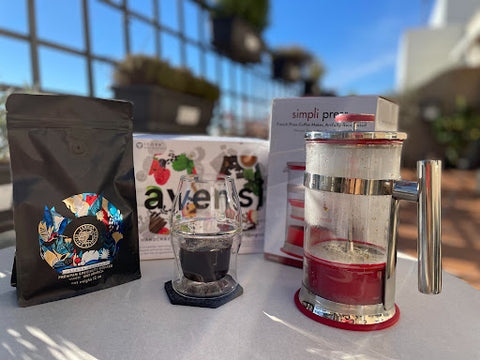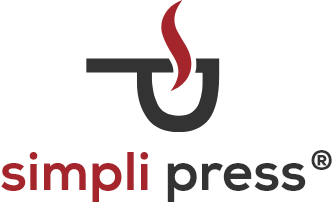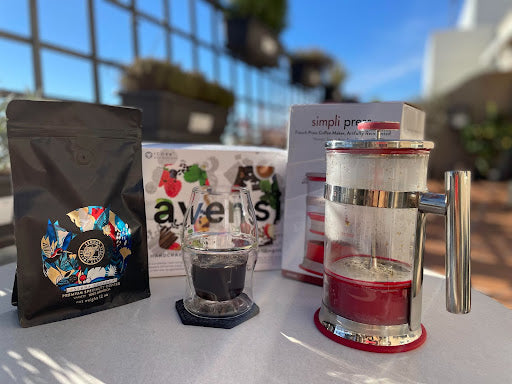Mery Santos is the founder of Sedna Coffee Co., a company dedicated to supporting women in the coffee industry. She is also a member of the International Women’s Coffee Alliance.
 These efforts are leading examples of work that she is doing to increase the quality of the coffee experience. Rather than strategizing ways to increase capital for her company, Mery wants to continue supporting women through a vertical approach. Currently, she offers her coffee roasting knowledge and brand to women farmers looking to sell their coffee. This year, a farmer in Yemen worked with Mery to have her coffee roasted for her own brand.
These efforts are leading examples of work that she is doing to increase the quality of the coffee experience. Rather than strategizing ways to increase capital for her company, Mery wants to continue supporting women through a vertical approach. Currently, she offers her coffee roasting knowledge and brand to women farmers looking to sell their coffee. This year, a farmer in Yemen worked with Mery to have her coffee roasted for her own brand.
I had the honor of interviewing Mery to learn more about what drives her and what she is passionate about. Interviews are not always easy but she has a way of making conversation comfortable. With any interview, it is necessary to research the subject matter. During this time I learned that Mery has actively been seeking and making a change in the coffee industry for over twenty years. Mery has a life-long origin story and has made it her mission to level the playing field and make the invisible, visible.

“At that time the mission and the vision were we wanted women's voices to be heard. Now not only are they being listened to, but they are being sought for policymaking in countries. Here, two weeks ago, we signed with Columbia to have a chapter but we also had the VP of Honduras who happens to be a woman, promoting that they are the first country in the coffee sector that has included gender equity policies in the government, and its part of their constitution now.”
Not only is this a huge step for women in Honduras, but it is a major move in the right direction for women around the world.
Something that Mery touched on was the worldwide oppression of women, including in the United States. “We always thought the women in the U.S. were empowered, what we are realizing is that we are as oppressed as those sisters in other countries, it's just at a different level”.

But small businesses are not all fun and games. There are many challenges that are faced. For example, Mery says “Knowing the minute that I walk in, they know who I am, they know where I live, and they say yes Mary we can deliver to your house.” They survived the pandemic because of the community.

Mery also discusses the future of Sedna Coffee. She says “I still want to continue supporting women in coffee. I see it more to become a vertically integrated company for women producers.” She wants women to be able to have a place, even if they want to eventually start having someone roast their own coffee for them. She even talks about running a pilot test with a woman in Yemen where she sends Mery her coffee, without even knowing one another. Mery is now roasting the coffee for her under the farmer’s brand: Queen of Mocha, instead of selling under Sedan’s brand.
“The future is to continue serving the women that I really believe need the opportunity to be business entrepreneurs.”
In fact, Mery doesn’t have a storefront, and that’s on purpose. She only wants a storefront if it is done differently than others. She wants it to focus on roasting your own coffee and having that experience. She wants people to touch the products and to sit down to be amazed at the story behind coffee beans. Not only that, but she wants people to have the opportunity to talk to the bean producers to make sure that people know the story behind each cup of coffee.

